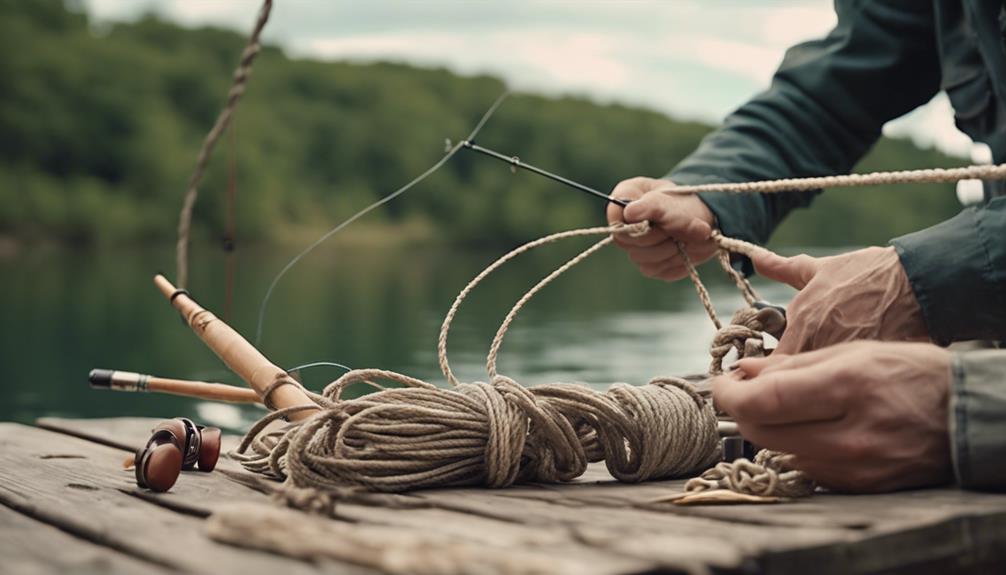Fishing is a beloved pastime for many, providing not just relaxation but also an opportunity to connect with nature. However, before you cast your line, it’s crucial to understand the costs associated with obtaining a fishing license. In this comprehensive guide, we’ll delve into the expenses involved in securing your fishing license, factors that can affect these costs, and tips for ensuring you’re fishing legally and responsibly.
Understanding the Basics of Fishing Licenses
A fishing license is a legal requirement in many regions, allowing individuals to fish in public waters. The costs associated with a fishing license can vary significantly based on several factors, including your location, type of fishing, and whether you’re a resident or non-resident. Typically, fishing licenses are issued by state or provincial governments, which means that the fees can differ widely. In general, you can expect to pay anywhere from $15 to $50 for a standard fishing license, but these figures can fluctuate based on the specifics of your situation.
Types of Fishing Licenses and Their Costs
When considering how much it costs to get a fishing license, it’s important to recognize that there are various types of licenses available. Most states offer different categories, including freshwater, saltwater, and combined licenses. Additionally, you may find options for short-term permits, which are ideal for tourists or casual anglers. For example, a one-day freshwater fishing license might cost around $10, while an annual freshwater license could be priced at $30. Saltwater licenses might be slightly higher, reflecting the regulations and management of saltwater resources.
Factors Influencing Fishing License Costs
Several factors can influence the cost of your fishing license. First and foremost, residency status plays a significant role. Non-residents often pay higher fees than residents, as states prioritize access for local anglers. Furthermore, age can affect pricing; many states offer discounted or free licenses for seniors, children, or disabled individuals. Additionally, the type of fishing you plan to do may require specific endorsements, such as a trout stamp or a saltwater fishing permit, which can add extra costs to your fishing license.
Where to Purchase Your Fishing License
Purchasing a fishing license is straightforward. Most states offer various purchasing options, including online through state wildlife agencies, at local bait shops, or from designated retailers like sporting goods stores. Buying online is often the most convenient method, allowing you to quickly obtain your license without needing to travel. Additionally, some states may offer mobile apps for license purchases and regulations, making it easier for anglers to stay compliant while out on the water.
Benefits of Having a Fishing License
While it may seem like an additional expense, obtaining a fishing license comes with several benefits. First and foremost, it ensures that you are fishing legally, which protects you from fines and other penalties. Furthermore, fishing license fees contribute to conservation efforts, helping to maintain fish populations, enhance habitats, and fund public access to fishing areas. By purchasing a fishing license, you are supporting the sustainability of aquatic ecosystems and ensuring that future generations can enjoy fishing as much as you do.
Consequences of Fishing Without a License
Fishing without a valid license can lead to serious consequences. Law enforcement officers regularly patrol popular fishing areas, and being caught without a license can result in hefty fines, confiscation of fishing gear, or even legal action. In some cases, repeat offenders may face increased penalties or restrictions on future fishing activities. To avoid these issues, always ensure that you have the appropriate fishing license before heading out on your fishing adventure.
Tips for Reducing Fishing License Costs
If you’re concerned about the cost of obtaining a fishing license, there are several strategies you can use to reduce your expenses. First, consider purchasing a multi-year license, which can often save you money compared to buying an annual license each year. Additionally, check for discounts for seniors, veterans, or families, as many states offer reduced rates for these groups. Finally, take advantage of free fishing days, which allow anglers to fish without a license for a limited time each year—perfect for trying out fishing before committing to a license.
Final Thoughts on Fishing License Costs
In conclusion, understanding how much it costs to get a fishing license is essential for anyone looking to enjoy this popular hobby. With costs ranging from $15 to over $50 depending on various factors, it’s crucial to assess your fishing habits and choose the right license for your needs. Remember to purchase your license through official channels to ensure compliance with local regulations, and take advantage of available discounts to minimize costs. By investing in a fishing license, you’re not only ensuring that you can fish legally but also contributing to the conservation of our precious aquatic resources. So grab your gear, get your license, and enjoy the tranquility of fishing!
